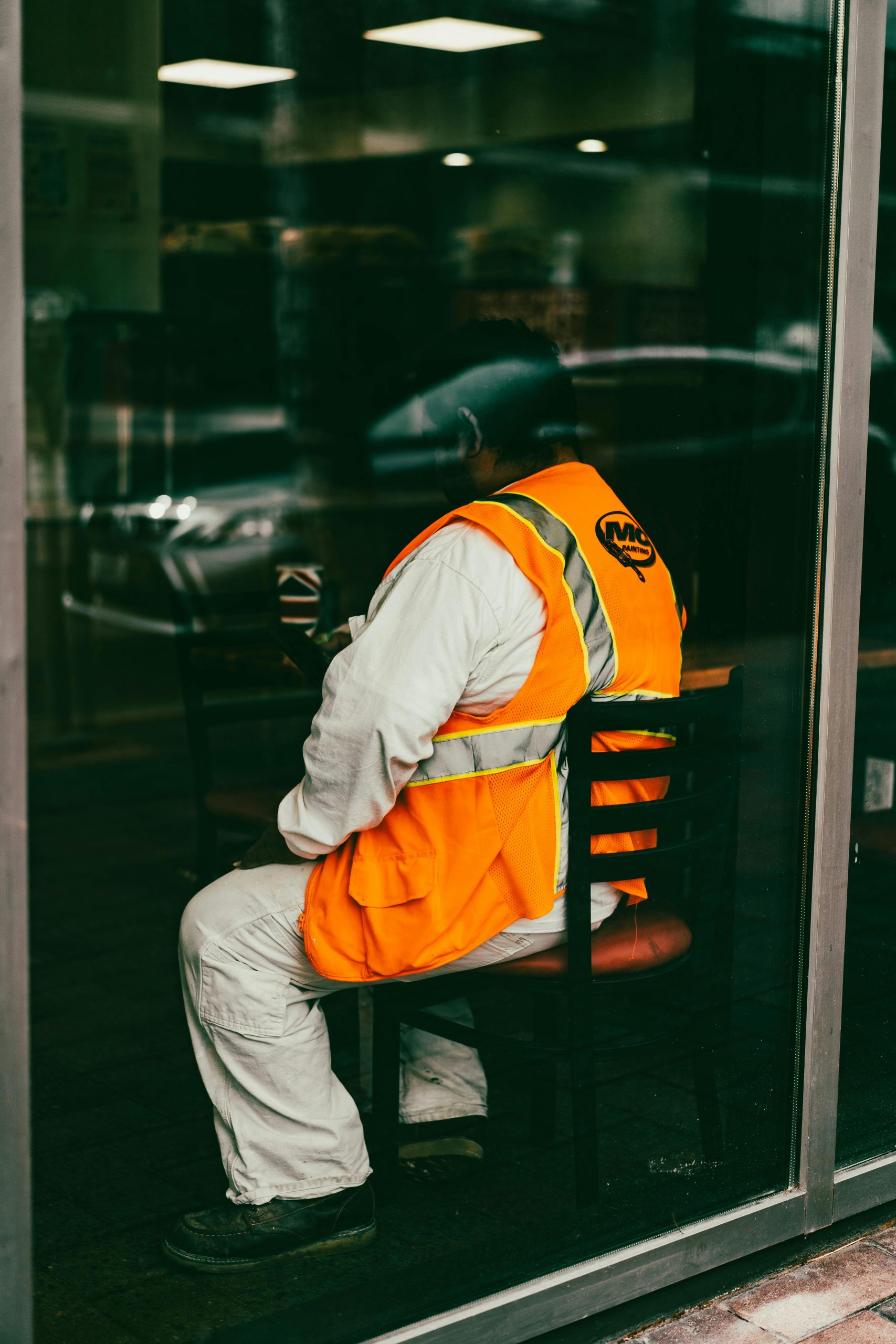There are a lot of Brexit campaigners in the city today, many of whom seem to be on their last legs. It’s disheartening to see them willing to sacrifice the country for the benefit of the elite.
5 thoughts on “So many people brexit campaigners in the city today”
Leave a Reply
You must be logged in to post a comment.

It’s disheartening to see such a divide on this issue. While it’s important to critique the motivations behind the Brexit campaign and the potential consequences, it’s also crucial to recognize that many people who supported it did so out of genuine concern for their communities and livelihoods. Engaging in conversations that acknowledge these perspectives might lead to more productive discussions about the future we want to shape together. Everyone deserves a voice, especially as we navigate the complexities of national identity and economic stability.
It’s interesting to see such a strong presence of Brexit campaigners in the city, reflecting the ongoing divide in public opinion. It’s essential to recognize that many individuals involved in these campaigns genuinely believe they are championing the interests of ordinary citizens, despite how it may appear to outsiders. The complexities of Brexit extend beyond elite interests; they touch upon issues of sovereignty, immigration, and national identity, all of which deeply resonate with constituents.
Moreover, discussions surrounding the economic implications of Brexit are crucial. Many communities, particularly those that felt neglected by the establishment, viewed Brexit as a necessary step towards reclaiming control over their futures. However, as we navigate the realities post-Brexit, it will be vital for all of us—regardless of our stance—to engage in constructive dialogue that moves beyond caricatures of ‘elite vs. the people.’ This could foster a deeper understanding of the various perspectives at play and lead to more informed discourse on how best to move forward. What are your thoughts on how we can bridge the gaps in this divided conversation?
It’s fascinating to observe the dynamic landscape of public opinion around Brexit, especially with campaigners visibly active in the city. While it’s easy to feel disheartened by the sight of individuals seemingly sacrificing broader societal welfare for elite interests, it’s crucial to recognize the deeply held beliefs that motivate many of these campaigners. For some, Brexit is seen as a path to reclaiming national sovereignty and fostering a unique identity disconnected from EU bureaucracy.
It might be beneficial to engage in discussions that address the underlying concerns driving their enthusiasm—such as economic autonomy, immigration control, and regional identity—while emphasizing the importance of inclusivity and collective growth. Open dialogues can help bridge the divisions that Brexit has exacerbated and promote a more nuanced understanding of how we can work towards a prosperous future that benefits all citizens. What are your thoughts on finding common ground for constructive discussions?
Thank you for sharing your thoughts on the current presence of Brexit campaigners in the city. It’s interesting to observe the physical manifestations of such a pivotal issue in British politics. While it’s easy to view these individuals as merely ‘sacrificing’ for the elite, it’s crucial to consider the diverse motivations driving their activism. Many campaigners genuinely believe that leaving the EU will restore national sovereignty and invigorate local economies.
Moreover, the ongoing impact of Brexit—on trade, immigration, and community cohesion—remains a contentious topic that deserves thoughtful discussion. Perhaps fostering dialogue between opposing viewpoints could lead to a better understanding of the complexities at play and help bridge the divides that Brexit has exacerbated. Encouraging respectful conversations might also reveal that even amid disagreement, there are shared concerns about the future of the country that everyone can rally around. What are your thoughts on how we can facilitate such discussions?
It’s interesting to observe the fervor of Brexit campaigners in the city, and your observation about their apparent exhaustion highlights a crucial aspect of this ongoing debate. It raises questions about the sustainability of grassroots movements and the long-term impact of governmental policies on individuals’ motivations. As we see varying opinions on Brexit, it’s essential to consider the broader implications on economic stability, social cohesion, and public sentiment. Engaging in open dialogues that prioritize the experiences and concerns of everyday citizens, rather than solely the elite, could lead to more productive discussions moving forward. How do you think we can foster such conversations to ensure that all voices are heard in this complex scenario?